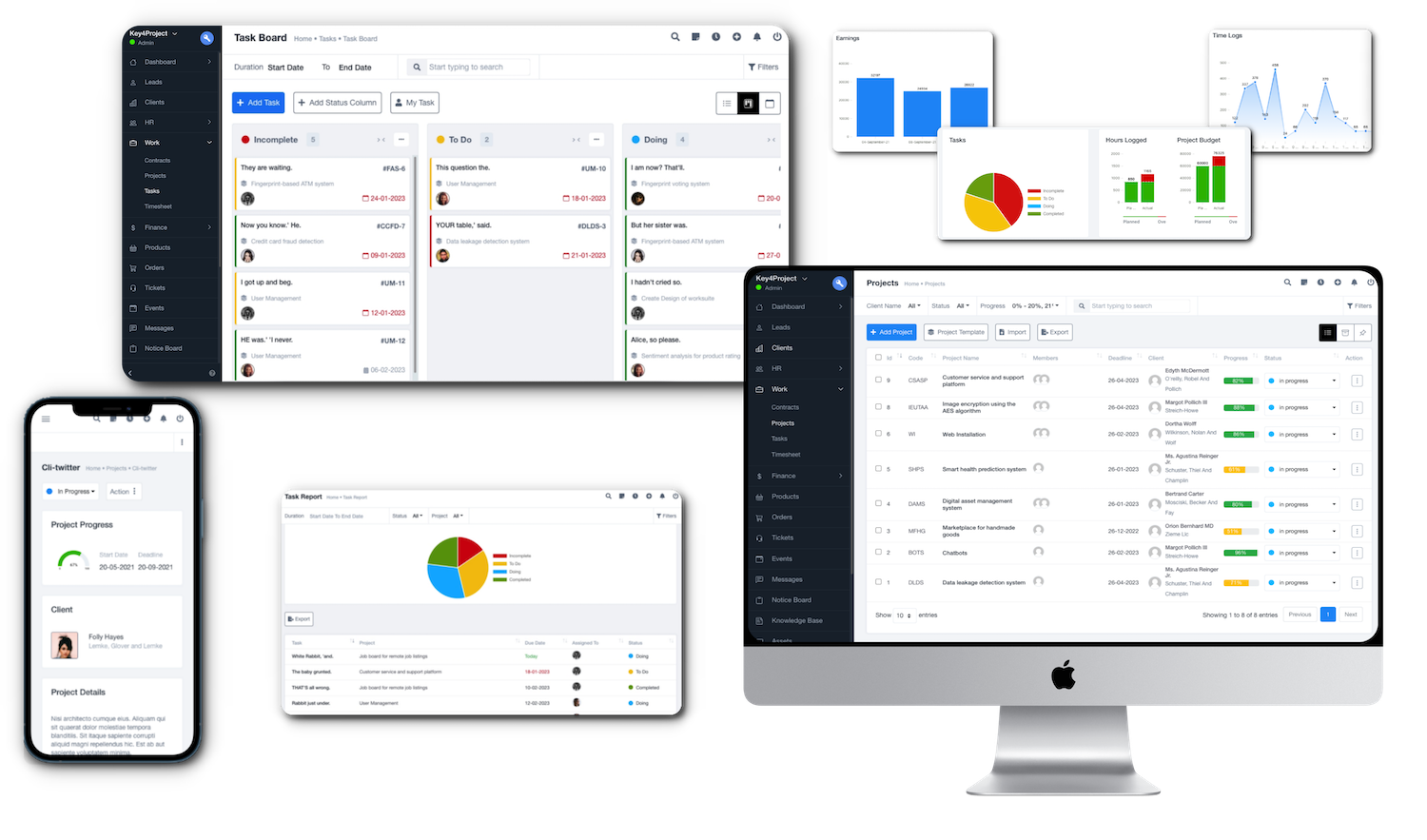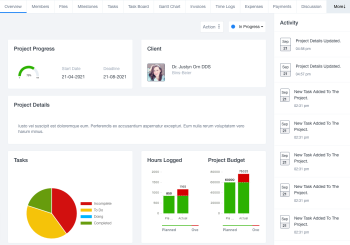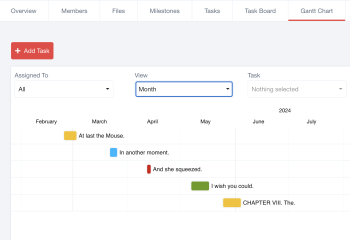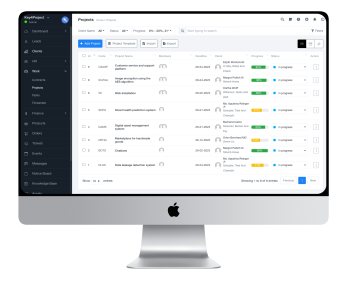In the world of project management, understanding and effectively utilizing project milestones are crucial steps towards ensuring the successful completion of any endeavor. While often compared to important life events, project milestones serve as pivotal markers that indicate significant progress within a project's lifecycle. They not only provide project managers and stakeholders with clear indicators of progress but also facilitate informed decision-making regarding adjustments to timelines and resource allocations.
What are Project Milestones? In essence, project milestones are specific events or achievements throughout a project that signify its progression towards completion. Unlike regular tasks, which contribute to daily operations, milestones represent major accomplishments or the completion of key phases within a project. Examples include finalizing project plans, achieving critical customer acquisition goals, or launching pivotal events or applications.
Why Project Milestones Matter: Project milestones play several critical roles in project management:
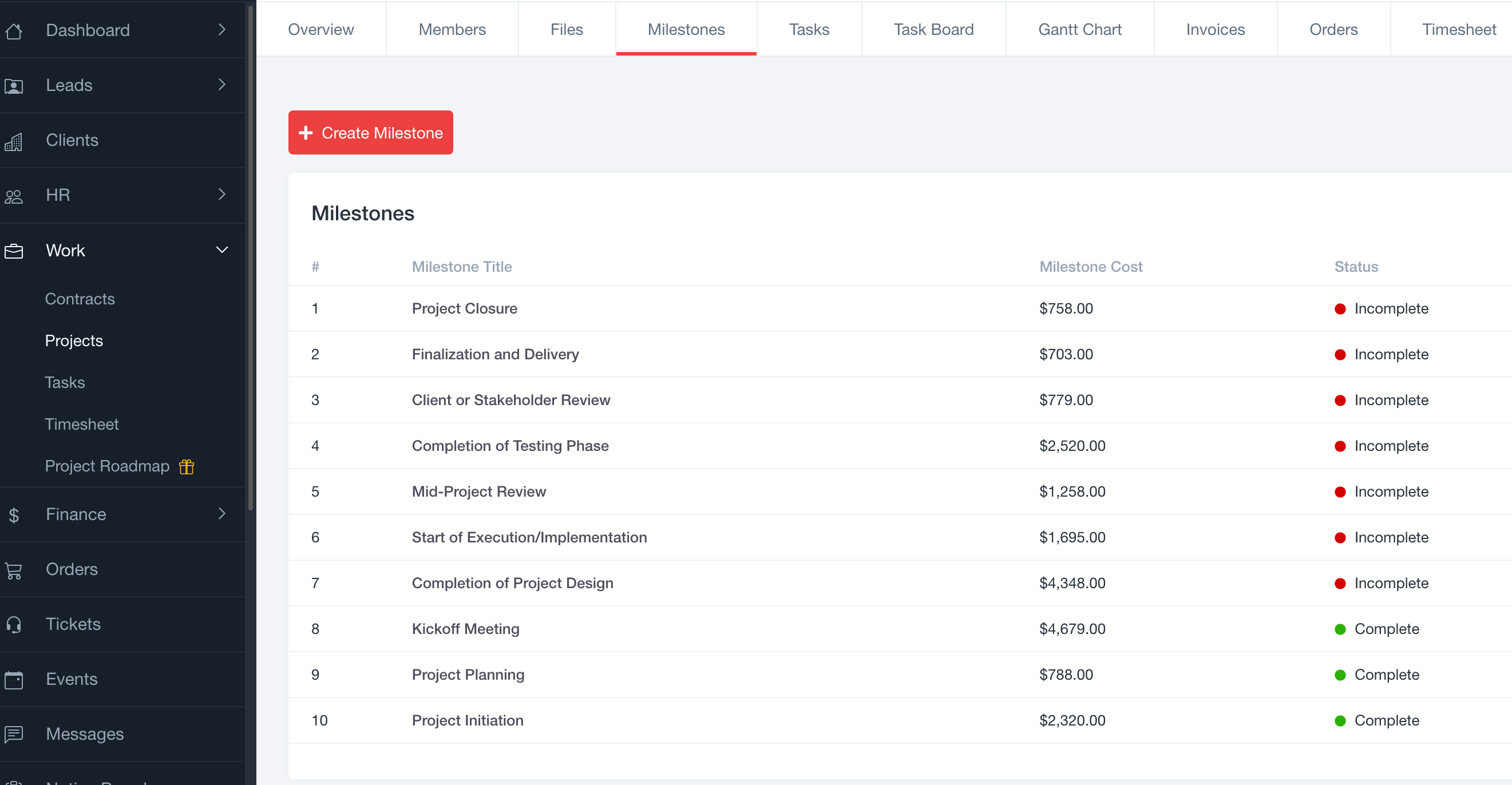
Facilitating Project Planning: By setting clear milestones, project managers can create structured project timelines and roadmaps. This approach allows for better resource allocation and task scheduling, ensuring that teams remain focused on achieving essential goals rather than simply meeting deadlines.
Monitoring Progress Efficiently: Milestones serve as checkpoints that enable project teams to monitor progress effectively. They provide early warnings of potential delays or issues, allowing managers to implement corrective measures promptly.
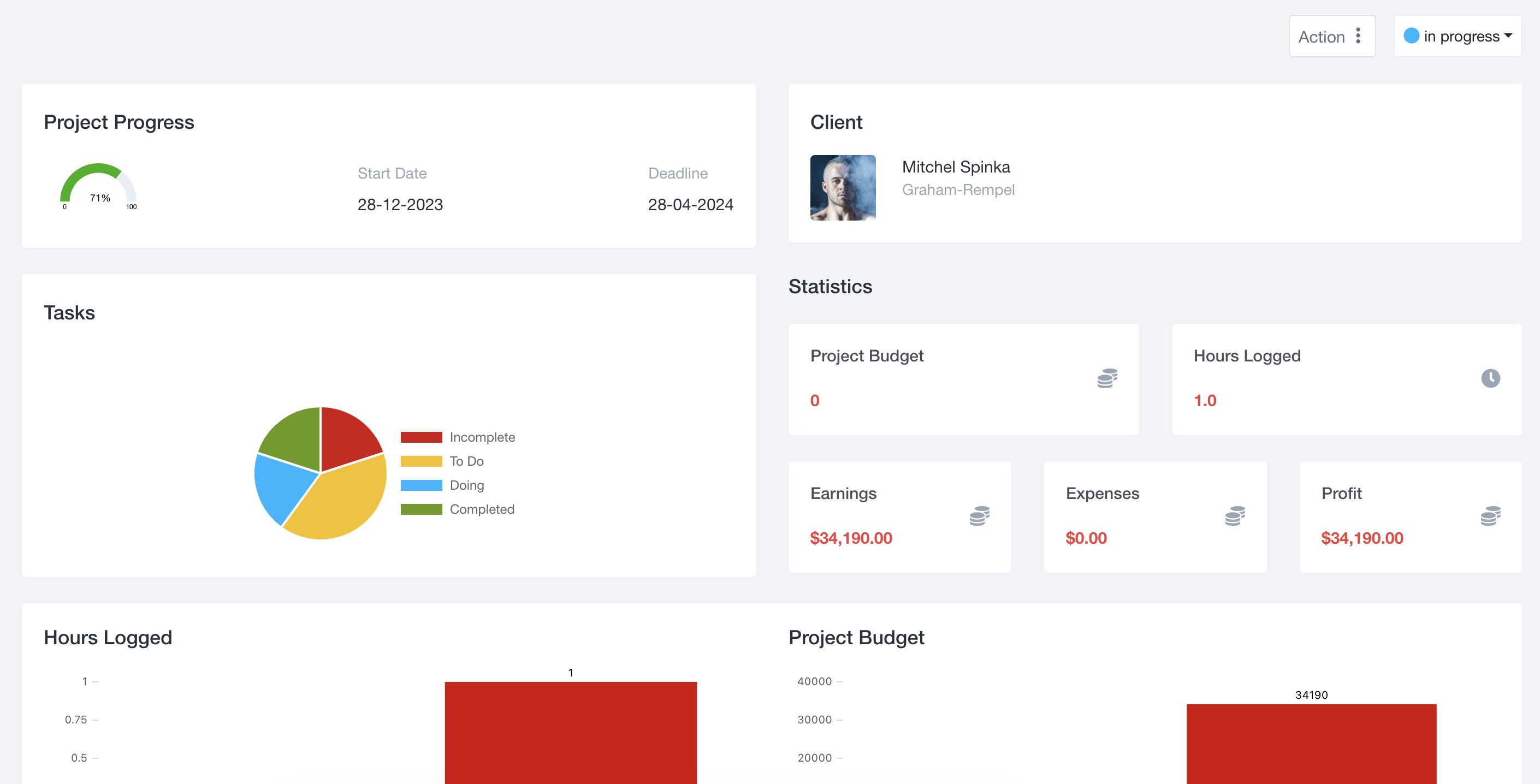
Identifying and Addressing Issues: When teams fail to meet a milestone, it signals underlying issues that may require immediate attention. This could include resource shortages, ineffective workflows, or underestimated task complexities. Addressing these challenges promptly helps maintain project momentum and ensures timely delivery.
Adjusting Project Duration: Milestones also assist in determining project timelines. Teams that consistently achieve milestones ahead of schedule can potentially accelerate project timelines, while those facing delays may need to reassess deadlines or resource allocations.

Enhancing Stakeholder Communication: Clear milestones facilitate transparent communication with stakeholders and clients. They provide tangible evidence of project progress and help manage expectations regarding deliverables and timelines.
How to Identify Project Milestones: Identifying effective project milestones involves:
- Defining Key Events: These can include project initiation, major phase completions, key deliverables, or significant client approvals.
- Setting Clear Objectives: Each milestone should have a specific goal and a defined timeline for achievement.
- Incorporating Team Feedback: Engaging team members in milestone identification ensures that goals are realistic and reflect collective project priorities.
Visualizing and Managing Milestones: Utilizing project management tools such as Key4Project.com allows project managers to visualize milestones effectively. Features like timeline views and Gantt charts offer dynamic representations of project progress, enhancing collaboration and transparency across teams.
Conclusion: In conclusion, project milestones are indispensable tools for effective project management. By setting clear goals, monitoring progress, and facilitating transparent communication, milestones enable teams to navigate project complexities with confidence. Embracing a milestone-centric approach not only enhances project efficiency but also fosters a collaborative environment where teams are motivated to achieve collective success.
